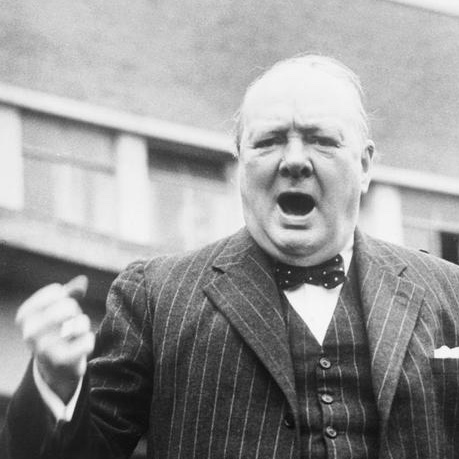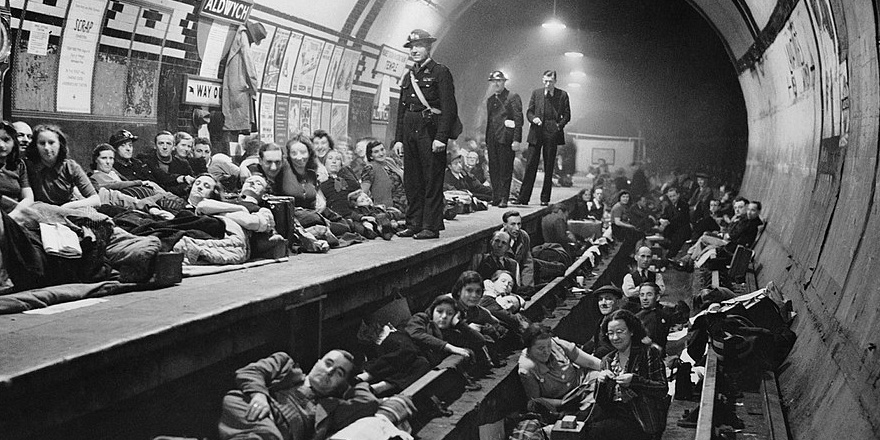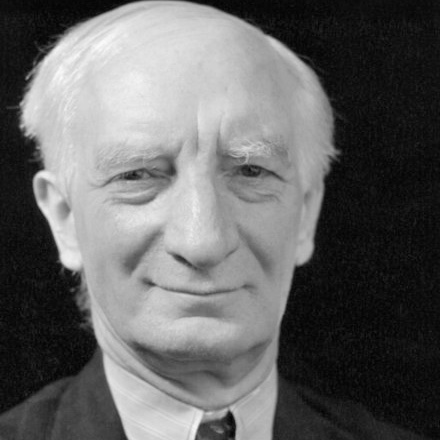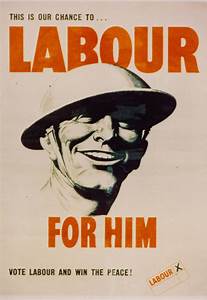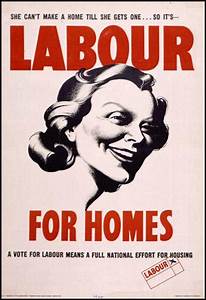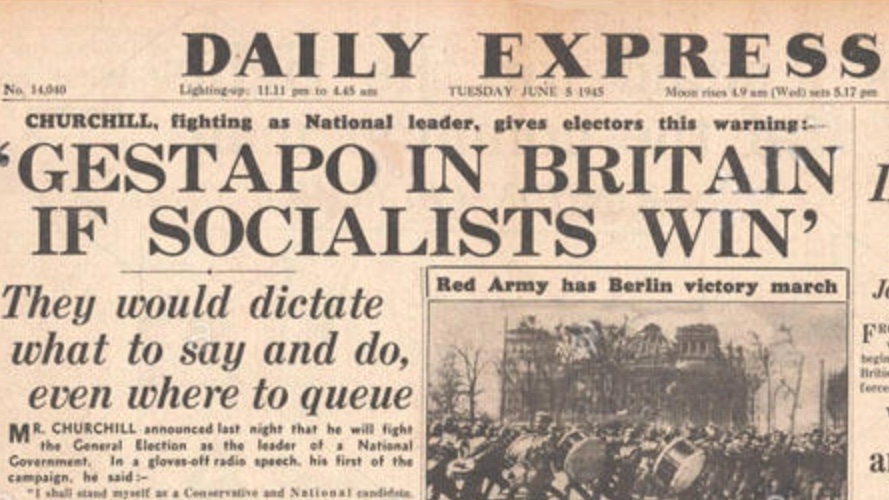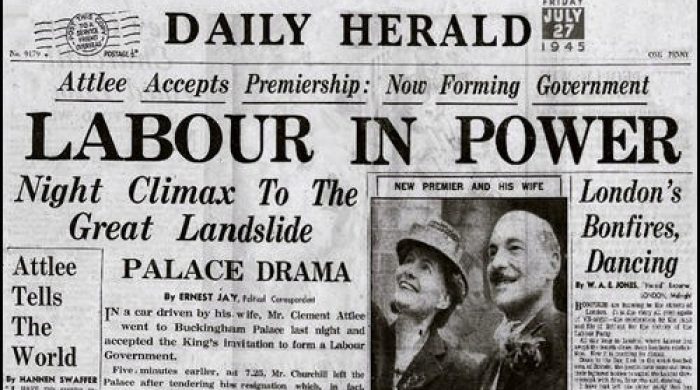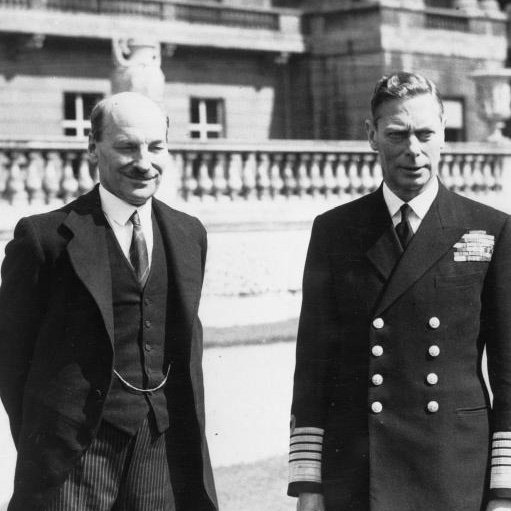75 years ago this week, as history’s most calamitous war wound down, the British people undertook one of the most remarkable acts in the history of democracy.
As we face our own global crisis, what can we learn from this story?
As we face our own global crisis, what can we learn from this story?
Americans love Winston Churchill. His pugnacious style, his wartime leadership, his early and steadfast opposition to fascism, all earned him a venerated place in history.
American presidents like Churchill. His bust has been in the White House since 1965, often in the Oval.
American presidents like Churchill. His bust has been in the White House since 1965, often in the Oval.
During the war, Churchill used his rhetorical gifts to lead his country with skill and tenacity. For two years, Britain fought virtually alone against Hitler, before the US and Russia joined the fight. He never once thought of peace with Nazism. His place in history is secure.
But Churchill had a controversial life. As Home Secretary, he called out armed forces to crush a Welsh miner’s strike. He ardently opposed Indian independence and called Gandhi a “seditious lawyer” and “half-naked fakir.”
He failed to address the 1943 Bengal famine, when 3 million died. More on these matters here: https://www.bbc.com/news/magazine-29701767
Churchill also ignored domestic matters during the war. Wartime sacrifice changed Britain and Britons. The Blitz, the rationing and shortages, the loss of life, the unity in the face of war: these radicalized the people. Many wanted “wartime socialism” to continue into the peace.
In 1942, a technocrat named William Beveridge published a plan to rethink the relationship between the citizen and the state. It called for the state to provide jobs, health care, old-age pensions, and aid to poor children. It offered to make good the sacrifices of the people.
Churchill, however, alleged that Labour’s socialism would lead to dictatorship in Britain. A Socialist state would destroy all liberty. To implement socialism, Labour "would have to fall back on some form of Gestapo.” It was a disgusting charge.
Yet to voters, the Labour leader, Clement Attlee, did not look so dangerous. Educated at Oxford, he was a Christian social worker and former Army major who believed WW2 was about beating Fascism abroad and poverty, squalor and inequality at home.
Even Churchill’s daughter, Mary, chided the PM about his attacks on Labour. “Socialism as practiced in the war,” she wrote him, “did no one any harm and quite a lot of people good. The rich didn’t die because their meat ration was no larger than the poor.”
The general election of July 1945 produced a landslide for Labour, which gained 239 seats; the Tories lost 189. The 12.0% national swing from the Conservatives to Labour remains the largest in a British general election.
Late on July 26, 1945 Attlee went to Buckigham Palace where he was asked by the King to form a government. He then boarded a plane for Potsdam, where he took Churchill’s seat at the crucial Great Power meeting with Truman and Stalin. A peaceful and smooth transition of power.
1945 ushered in an era of ambitious social policy that still shapes Britain today. Britain's efforts inspired continental Europe to follow suit. Attlee and Labour showed that crisis can be an engine of progress and even radical change.

 Read on Twitter
Read on Twitter


